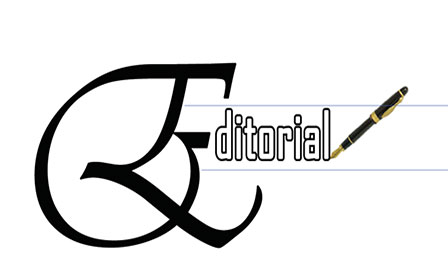
Ethiopia is not short of skilled professionals who could qualify to acquire skill-demanding jobs abroad and benefit themselves and relatives apart from winning foreign remittance to the country, which is trying to recuperate, hemmed in by the dearth of hard currency.
Aside from curbing unemployment and underemployment here, this trend goes a long way in amplifying the country’s competency posture in the global arena. Its significance for continental common growth could not be gainsaid .
Just as Ethiopia is basking under the media limelight for its peacekeeping task thanks to its capable, disciplined and cordial peacekeepers, its well-experienced, standard-bearer and sought-after contractors too are proving their mettles in the continent and beyond Africa’s perimeter.
The fact that our contractors, who managed to create concrete jungles and a web of roads here, have succeeded to find a niche in the global construction industry despite, in relative terms, with one hand tied behind their back when it comes to access to cutting-edge technologies is a source of satisfaction. At this juncture, it could be appropriate to mention the country’s construction prowess in handling megaprojects like Grand Ethiopian Renaissance Dam (GERD)by indigenous experts.
Mindful of this fact, the Ministry of Urban Development and Construction (MUDC), with the blessing of the government, has envisaged a plan to upgrade the efficiency of workers and to help them cut a better posture in elbowing their ways through the global skill market. To this effect, a thirty-year roadmap is in the pipeline. For its effective translation into action an all-out move is obligatory .
Financial and technological supports are much-needed. Especially, if the work is backed by the private sector, the required outcome will not be late in coming.
This move as well is believed to bridge some gaps palpable in the construction sector. Following the government’s natural to social science 70 to 30 education program ratios, the number of graduates has been snowballing.
As such those who are embraced in the unemployed bracket is also mounting by the year. Observably, newly graduate for want of apprenticeship or proper exposure to the industry lack the skill much-needed by the industry.
Promoting university-and-construction sector linkage begs for a dded attention.
Also, to curb the aforementioned logjams promoting knowledge transfer through encouraging partnership with foreign contractors is a viable op tion.
As any fault in the construction sector courts a disastrous outcome quality in the sector must not be compromised. Heeding this, the government has pressed ahead with a continuous skill-upgrading training.
Tightening the nooses of the over 50 quality assurance laboratories in the construction industry of the country the government envisages razor-sharp precision through making practitioners error conscience.
As the construction industry is more vulnerable to corrupt practices, which results in substandard performances that could inflict financial crisis laws related to construction bids beg for amendments.
At times roads built by less-qualified contractors are seen suffering potholes in not more than a couple of years necessitating maintenance works, while some buildings experience the tragedy of cracking and crumbling.
The competency of contractors, the quality of the materials used, the amount of iron bars and the like used in foundation–related tasks have to be well checked. Here, it is necessary to note that works done beneath the earth are not easy to check. As such, they open room for quality compromising issues.
Codes of standard have to be there, and they need to be strictl y observed.
Averse to unethical performance, our contractors must focus on rendering topnotch services. This way apart from gratifying citizens the country could export skills slowly but surely to profit from it in more ways than one.
The Ethiopian Herald February 16/2020





